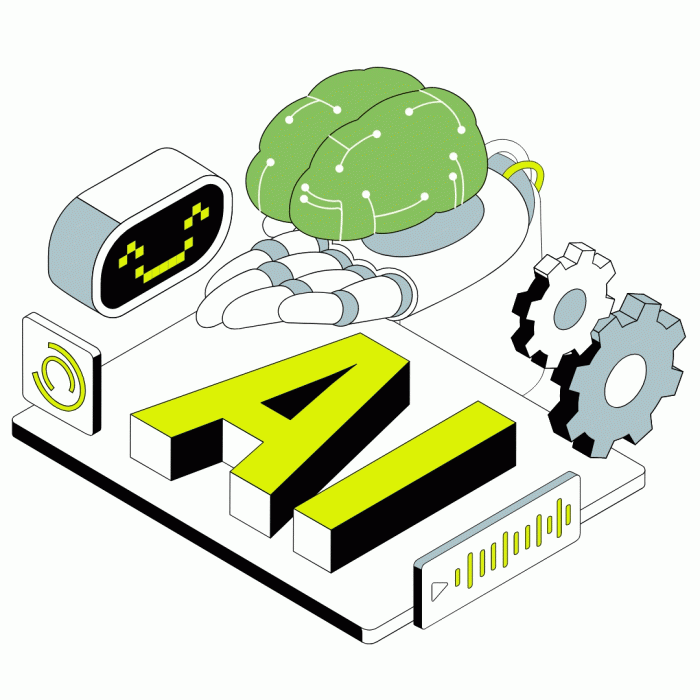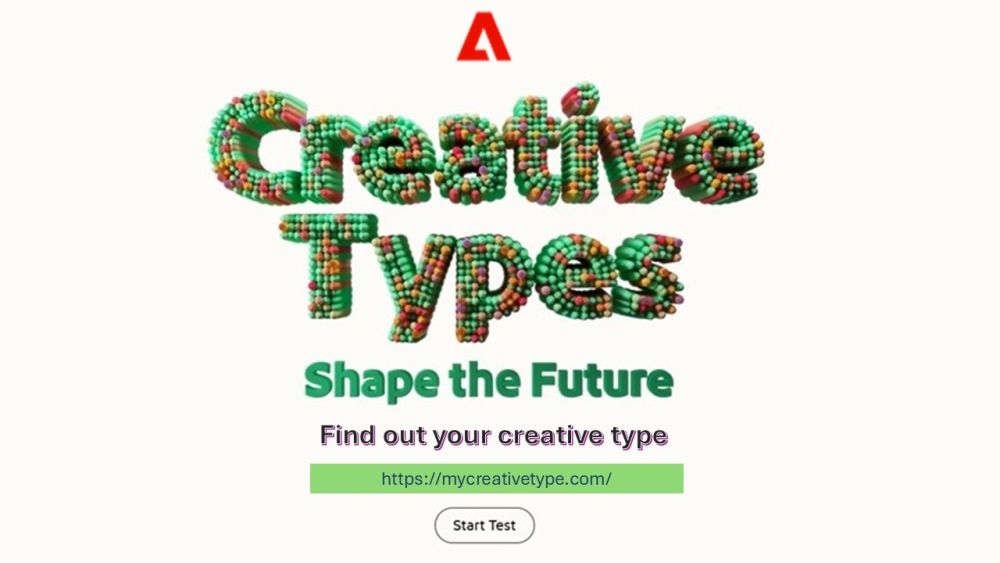226/25 Landmark Generative AI Training with Over 7,000 University Participants from Pakistan
Posted 3 months ago
Cohor 1 is full however you can register for Cohort 2 HERE
In a historic step toward technological empowerment, Pakistan's Higher Education Commission (HEC) inaugurated the first national Generative AI Training Program – Cohort 1, marking what many experts described as a "transformative moment" for higher education in the country.
A recent virtual launch brought together 7,110 participants from more than 200 universities a sweeping representation of Pakistan's academic landscape, which includes engineering, medicine, business, law, pure sciences, and the arts. The free six-week online training aims to equip students, faculty, and professionals with practical Generative AI skills rapidly reshaping industries and education worldwide.
"This is not just a course—it's a movement," said Mohammad Anwar Khan, founder of Pak Angels, the initiative's implementing partner. "Generative AI redefines how we think, create, and solve problems. It's the next industrial revolution, and Pakistan's youth must be at its forefront."
Khan, whose organization has already trained more than 14,000 professionals and entrepreneurs through collaborations with iCodeGuru and ASPIRE Pakistan, called this eighth cohort "a landmark partnership" involving HEC Pakistan, the National Computing Education Accreditation Council (NCEAC), and sponsor ULEFUSA.
Representing the sponsor organization, Waqas Khan, Chairman of ULEFUSA, described the initiative as a gift from the Pakistani diaspora in the United States. ULEFUSA, as the sponsor, has provided financial support and access to global AI expertise. "Our mission is to give every university student in Pakistan access to the same world-class AI knowledge available in top institutions abroad," he said, highlighting the UET Lahore alumni network's role in mobilizing global expertise for national impact.
Echoing the historical significance of the digital shift, Dr. Zafar Shahid, founder of iCodeGuru, compared the current AI revolution to the Industrial Age. "Yes, automation will displace some roles," he said. "But just as mechanization led to better opportunities in the past, Generative AI will reward those who adapt fastest—especially in areas like Agentic AI and automation design."
Dr. Mansoor Sarwar, a Council Member of NCEAC, emphasized that AI fluency can no longer be confined to computer scientists. "Generative AI will touch every discipline, from medicine and law to fine arts. Universities must integrate it into learning, teaching, and research," he said.
The program's organizers described the training as "technology with purpose," an initiative to build skills, ignite innovation, empower startups, and nurture Pakistan's digital economy. This means that the AI skills acquired through this program will benefit individuals and contribute to developing the country's digital infrastructure and economy.
"This collaboration between public institutions, private innovators, and overseas alumni shows what's possible when national vision meets collective action," read Pak Angels. "Together with HEC, NCEAC, ULEFUSA, iCodeGuru, and ASPIRE Pakistan, we're building the foundation for an AI-enabled future."
For thousands of young Pakistanis logging into the first session, the launch felt like the beginning of something much larger than a training program. "Let's learn, innovate, and lead the future of Generative AI together," the closing message declared.
Indeed, the future may have begun on that October night (initiation for the first cohort) for a country of 240 million, over 60 percent of whom are under 30.





